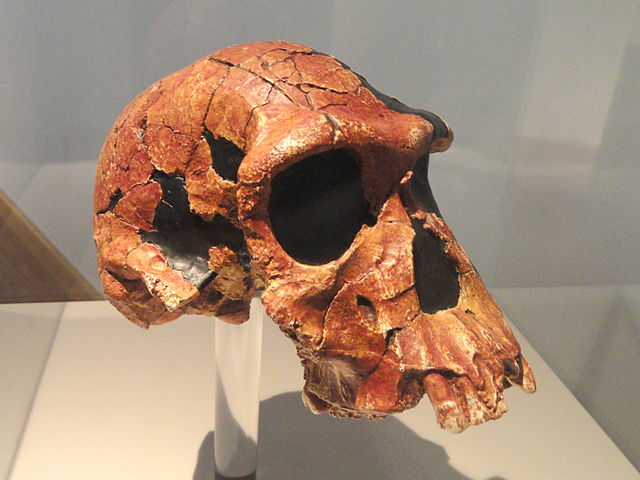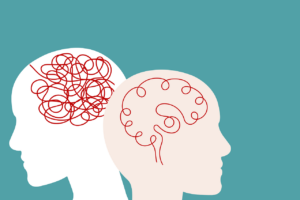
Humans can’t live forever
The first known record of humans on earth dates to over two million years ago. Through dedicated anthropological research, it is widely accepted that the earliest known record of humans is Homo habilis, originating from Africa between 2.4 to 1.4 million years ago. Homo habilis could be our direct ancestors, but more anthropological research is needed to truly pin down humans’ prehistoric lineages.
While it is hard to know what life could have possibly been like for these first humans, scientists from multiple disciplines are dedicated to piecing together the past to understand a full history of humankind’s origins.
From these humble origins, the population has grown both physically and cognitively. Technology, medicine, and transportation have boomed alongside the development of the human population. With increased innovation and understanding, the health care field has learned more about human health, well-being, and longevity throughout the years, causing human life expectancy to rise from 48 years in 1850 to 72.9 years in 2019. Humans are living longer on average, but that does not necessarily mean that humans can live forever.
Life expectancy vs. lifespan
It would make sense that with medicine and technological advances, illness and disease are treatable, allowing us to live in better health for longer periods of time. But, the lines are not that clear. Life expectancy and lifespan are two different factors of human well-being that measure longevity.
Lifespan refers to the maximum number of years an individual can live, making lifespan unique to everyone. The longest recorded lifespan was Jeanne Calment who lived for 122 years and 5 months, making the maximum possible human lifespan 122 years and 5 months – that is, until someone outlives Calment.
Life expectancy, on the other hand, refers to the average age an individual can expect to live at different stages of life. As humans age, physical and cognitive challenges can emerge, making life expectancy a dynamic measurement that changes based on different experiences and lifestyles of an individual.
This does not mean that 48 years-old was considered “old” in say, the 1850s. But 48 was the average age that individuals could expect to live to during that time. It turns out that infant mortality rates sharply drive down the average life expectancy in a population (i.e., the number of child deaths in certain regions is so high that there are more childhood deaths than adult deaths, lowering life expectancy for that region).
You might think that, since our ability to safely manage childbirth and provide childcare has vastly improved since the 19th century, then children would have a greater chance of surviving into adolescence and even older adulthood. While yes, this is true, and yes, it has certainly contributed to an increase in the human lifespan, humans have been living well into their 70s and 80s since ancient times.
For instance, a first century writer, Pliny, dedicated a chapter of The Natural History to individuals who had lived the longest during that time. In the first century, three individuals had already lived to be 100. A third century B.C. tombstone read, “She was 80 years-old, but able to weave a delicate weft with the shrill shuttle.” Just like today, humans could live to 70, 80, or 90 years-old in ancient times, so has anything really changed?
Can humans live forever?
While the population can expect to live longer lives on average, the human lifespan might have a cap. Scientists believe that the human lifespan could be anywhere from 120-150 years long, but not longer than that, due to accumulating hallmarks of aging and chronic disease.
However, research suggests that expanding health span – the period of life that humans are in good health without the burden of disease – could help us live longer on average; though, much of maximizing our time here on earth depends on the choices we make in our day-to-day lives from a young age.
Our diet, exercise habits, smoking tendencies, mental health, and many more lifestyle factors all play a role in our overall health. By taking care of ourselves and living a healthier lifestyle, we can live healthier for longer, and aging can become a more gracious, gradual process that does not strip us of well-being.
About the Author:
Grace Weintrob is a senior majoring in Communication Studies with a minor in Stage, Sports, and Film Production and Science Communication at CSU. She is currently working as the digital media intern for the Columbine Health Systems Center for Healthy Aging.





